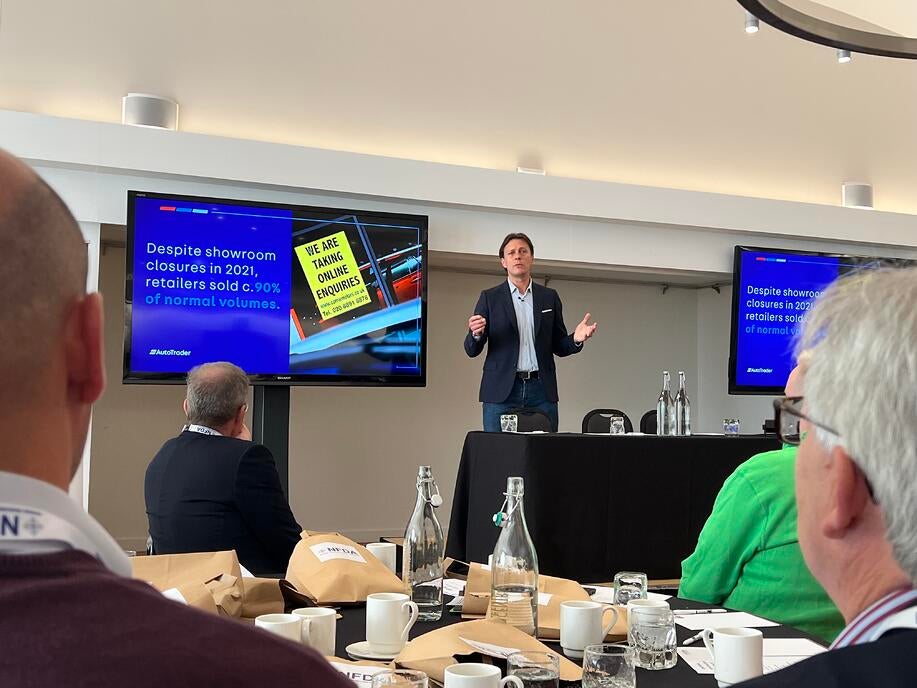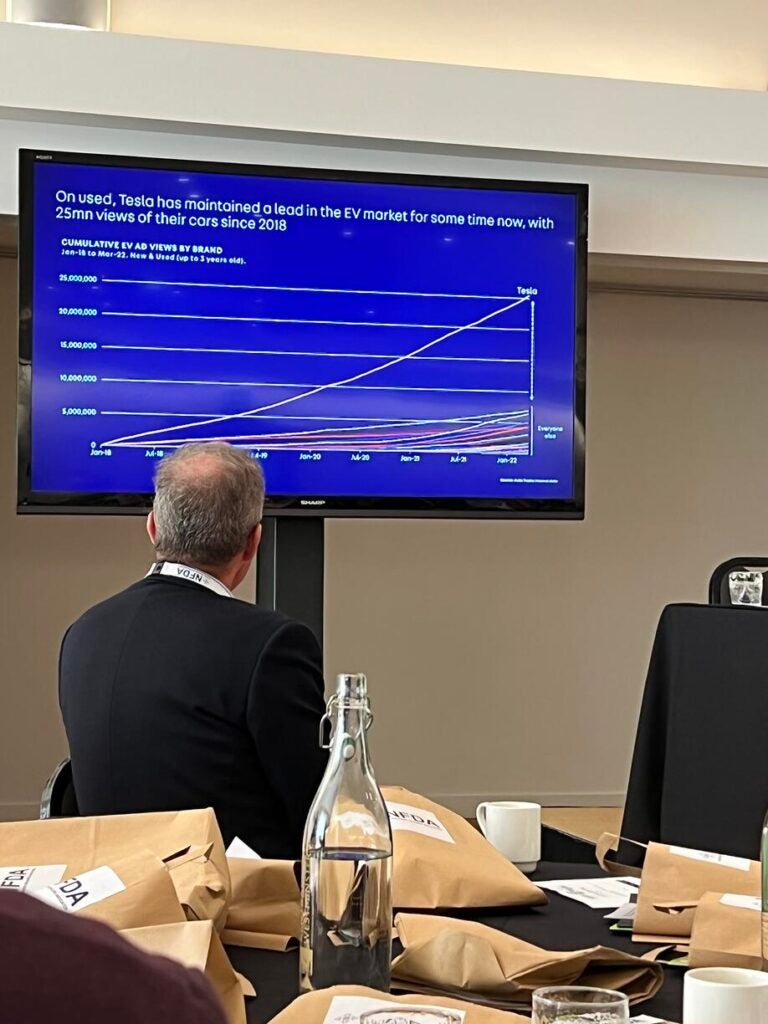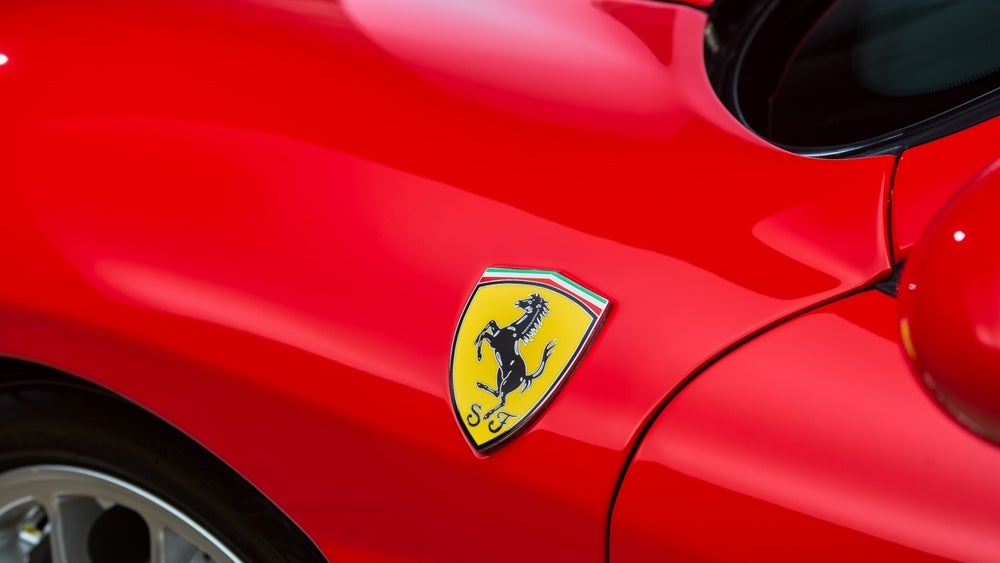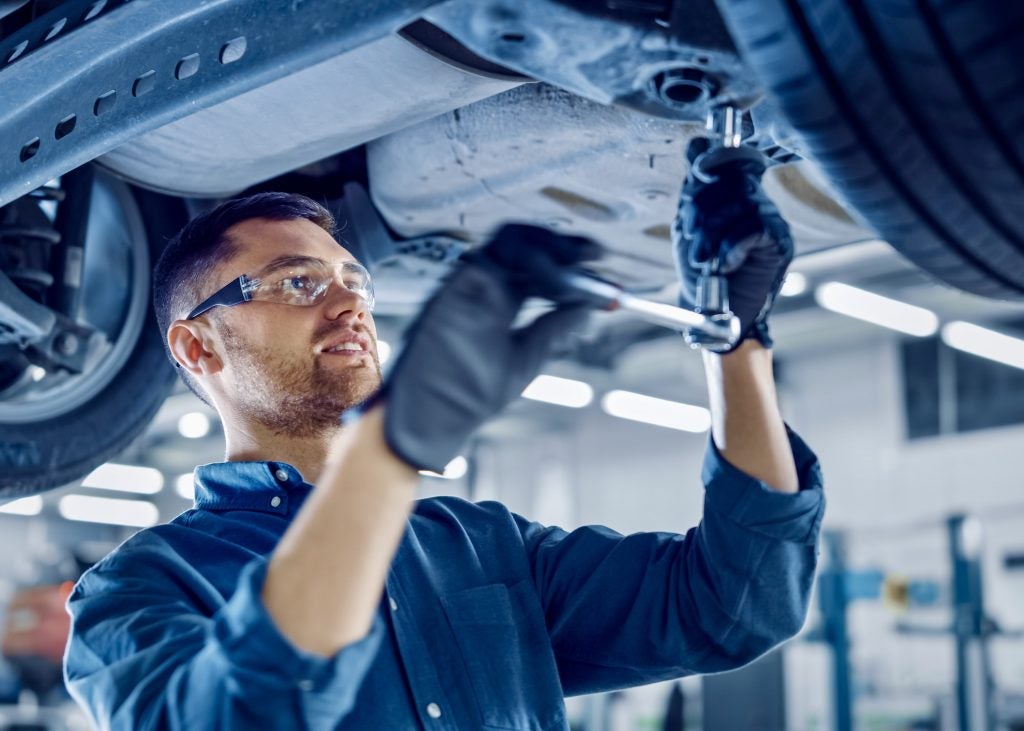
The National Franchised Dealers Association (NFDA) held its Driving Digital 2022 conference in London on 12 May to consider the prospects for digital acceleration in the auto retail space. This report, by Alina Lehtinen-Vela for Giosg, a Finnish-based software provider and co-sponsor of the event, offers an overview of the key themes.
The conference, by the NFDA, a trade body representing franchised car and commercial vehicle retailers in the UK, started with some grim projections about the post-pandemic future for the auto sector. But, despite this outlook, a mood of hope prevailed by the end of the day with those in attendance armed with tools to meet the challenges facing the industry.
Big tailwinds in the auto industry
Car dealers find themselves in the middle of these challenges. On top of the global pandemic – that has dramatically impacted the automotive industry – there are real concerns that the UK could be in the early stages of hyperinflation.
“Consumer confidence is also at an all-time low,” said Owen Edwards, automotive business consultant for Grant Thornton, one of six speakers invited to contribute to the day.
Supply chain issues, petrol prices, and inflation rates were just some of the few of the things that are disrupting the current market.
“We are entering the most challenging market since lockdown,” said Kim Costello, chief marketing officer for Pendragon, a UK automotive retailer.
How well do you really know your competitors?
Access the most comprehensive Company Profiles on the market, powered by GlobalData. Save hours of research. Gain competitive edge.

Thank you!
Your download email will arrive shortly
Not ready to buy yet? Download a free sample
We are confident about the unique quality of our Company Profiles. However, we want you to make the most beneficial decision for your business, so we offer a free sample that you can download by submitting the below form
By GlobalData“The market has been in a state of constant change,” Costello added.
On top of this, the impact of war is causing raw material shortages from factories in Russia and Ukraine. Many car manufacturers have also halted production and sales in Russia, such as Volvo Trucks and Jaguar Land Rover, Edwards said.
It will take until 2023-24 before vehicle sales are expected to reach pre-pandemic levels, Edwards predicted.
“A lot of factors cause concern,” said Ian Plummer, commercial director for Auto Trader.
But there are ways car dealers can adapt to these changes: the key to survival is how the sector can harness and embrace change, Plummer added.

Dealers and the rise of EVs
Plummer identified three factors disrupting the automotive industry: a) the rise of electric cars; b) change in consumer behaviour, and c) digitalisation.
The demand for EVs has increased enormously in recent years. According to Marc Palmer, brand director for Auto Trader, EVs will account for 45% of new car sales by 2025. In 2026, Auto Trader estimates that all cars less than one-year-old will be electric.
The rise of electric vehicles is caused by spikes in fuel prices and mandates for EVs set by the UK government. Another factor is supply. New (electric) cars are being launched all the time, which means consumers have more choices in the cars they buy. “Choice brings new market dynamics,” Palmer added.
Things have changed very rapidly. Even if there are more brand options for electric cars, it is still quite limited in terms of the models of cars. Most electric cars are still small, expensive and not best suited for couples with kids.
Although a big share of the EV market if for new EVs, an interest in used electric cars is on the rise.
“Only 40,000 cars of all the cars sold in the UK were used electric cars,” Palmer said.
Even if the demand for EVs has seen big spikes, there is still work to be done. Many EV manufacturers could do a better job marketing the benefits. Electric cars cost more than fuel cars, but the running costs are much cheaper. Electric car drivers can save 140£ per 1,000 miles on running costs, Palmer said.
Who buys EVs?

During his presentation, Palmer offered a breakdown of the EV buying archetype:
- Household income higher than £50K a year
- Over 45 years of age
- Belongs in the wealthiest social grade
Surprisingly, whether a person lived near or far from a public electric charging station did not seem to determine their likelihood of going electric. Most people charge from home, so it is not a huge issue, Palmer explained.
However, Palmer reminded conference-goers that the number of EV public charging stations is not keeping pace with the rate of EVs being sold.
Another trend noted by Palmer is that EV car customers appear to be less brand loyal than is standard for average car buyers, which means the list of top-selling EVs is changing continuously.
However, Tesla is on another level than the rest. “Tesla is not in the chart because we wanted to see which traditional brands are moving into the electric vehicle market,” Palmer said. The crowd started laughing when they saw the chart with Tesla included, as Elon Musk’s Tesla was the obvious chart-topper.
Dealers and consumer behaviour
Consumer behaviour is changing the automotive industry most fundamentally, according to Auto Trader’s Ian Plummer.
Consumers are more and more open to buying online and the UK digital economy is the fastest growing in the world, with two-thirds of car buyers wanting to do most of their car buying online, Plummer said.
Kim Costello from Pendragon added that today all car buyers start their buying journey online, though most people are not ready to buy fully online yet.
Challenges: improving on trust and hybrid experiences
An improved customer experience was cited as the key to overcoming the challenges that are causing havoc in the industry.
Also, the need to improve the reputation of the automotive sector as a trustworthy industry stirred up a debate during the event.
Brand trust is critical to selling online, Plummer reminded delegates. You have to give the consumer a worry-free online experience.
The customers want choices and better delivery options. “Give them [the consumer] what they want,” he added
Costello agreed, highlighting the importance of having the right interactions at the right time with the consumer.
Costello believes that car dealers must listen to consumers. Some car dealers are forcing consumers down the digital path, but most consumers are not ready to buy completely online.
Dealers should look towards a hybrid model, where the car buying journey happens partly online. This is what most consumers want, said Costello.
Also, customers want a personalised experience and they don’t want to give away their data, which raises the primacy of collecting first-party data.
UK customers are also starting to demand more customer-centric buying experiences, Costello said. You have to meet the customer where they are in the buying journey, she added.
“Our data shows manners maketh fans. People want to still buy from people,” Neil Addley, managing director of market research company JudgeService said.
The way of the Dodo and the power of upselling
After some data-heavy sessions, Addley woke up the crowd of auto dealers with a toy Dodo.
He explained that the dodo died because it couldn’t adapt to the new environment with different predators and more limited resources. This will also happen to those automotive companies who are not able to change their strategy in this new challenging marketplace, he said.
Addley added that customers appreciate it when they are upsold products by salespeople.

Findings from the best car dealerships in digitalisation
Last to address the NFDA car dealer conference was Eddie Hawthorne, CEO and group managing director of Arnold Clark, a Glasgow-based car retailer.
He shared some impressive numbers about Arnold Clark’s digital sales over the last two years. In 2020, 70% of its customers interacted with Arnold Clark digitally, that number growing to 90% in 2021. “Digitalisation has driven our profitability,” he said.
Arnold Clark enjoyed:
- 5 million more website visits in 2021 compared to 2020
- 275,000 vehicles retailed digitally in 2021 (90% of sales)
- Online bookings went up by 23,000 in 2021 compared to 2020
Arnold Clark prides itself on its digital service offering. A customer can have virtual car tours, make online bookings, check out online, use a click-and-collect service, and get an EV health check, all online. “The digital journey is here to stay, and customers want that,” Hawthorne concluded.
This article was originally published on www.giosg.com
RAC embarks on a dealer recruitment drive
Local charger availability limiting dealers’ EV potential: VRA








